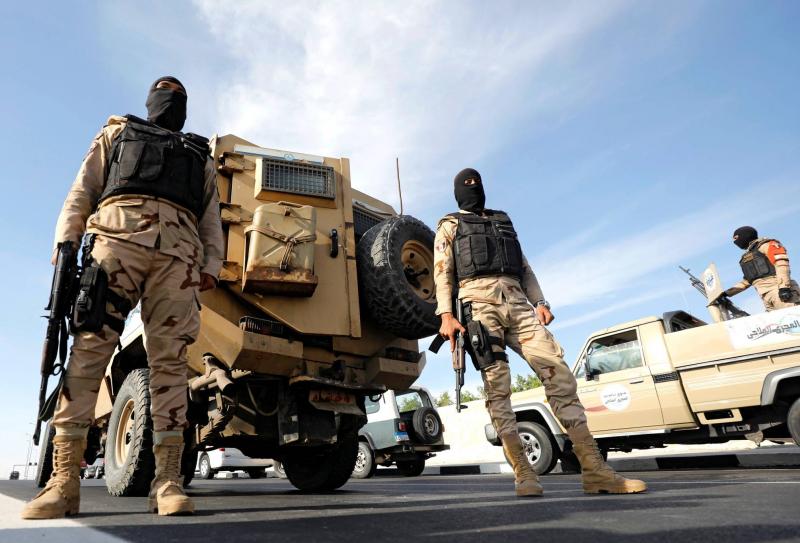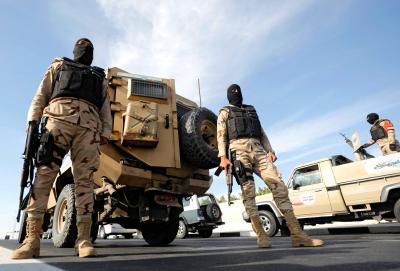The United States has allowed the continuation of much of its military aid to Egypt, stating that Cairo is important to U.S. national security interests despite critics' allegations of widespread human rights abuses. Washington withheld only $85 million of the aid, which U.S. law requires to be contingent upon Egypt making "clear and continuous progress" in releasing political prisoners—a condition that Washington claims the Egyptian authorities did not meet. This withheld amount is a small part of the $1.3 billion allocated to Egypt annually.
U.S. officials indicated that the law permits an additional $235 million to be withheld, as this portion is also conditional on Egypt fulfilling democracy and human rights requirements; however, Secretary of State Antony Blinken exercised his authority to suspend these conditions. A senior State Department official, briefing reporters on the decision, stated, "Egypt's voice is crucial on many issues throughout the region, and we are trying to work together toward achieving regional peace and security."
Other U.S. officials, who also spoke on the condition of anonymity, noted that the decision does not diminish the U.S. commitment to promoting human rights in Egypt. They added that Washington has had "difficult conversations" with Cairo regarding its human rights record. It is worth noting that the United States has provided significant military assistance and other forms of support to Egypt since it signed a peace agreement with Israel in 1979. Cairo remains a close regional ally of Washington.
However, human rights groups, which have consistently accused Egypt of committing widespread abuses under President Abdel Fattah el-Sisi's government, including torture and enforced disappearances, stated that the U.S. decision sends the wrong message. A coalition of 16 rights organizations, including Freedom House and the Project on Middle East Democracy (POMED), said in a statement, "The administration is effectively telling the Sisi government that it has made progress on human rights over the past year, even as the situation has significantly deteriorated."
They added, "This undermines any efforts by the administration to address human rights concerns in Egypt and will only embolden Sisi further, threatening more instability in the country." Sisi denies the existence of political prisoners in Egypt, asserting that stability and security are paramount and that authorities are working to promote human rights by addressing basic needs such as jobs and housing. Political analysts have indicated that Western powers are hesitant to take serious action against a strategic ally that plays a mediating role in long-standing issues, such as the Arab-Israeli conflict, as well as controlling the Suez Canal, which is one of the world's most important shipping routes.




